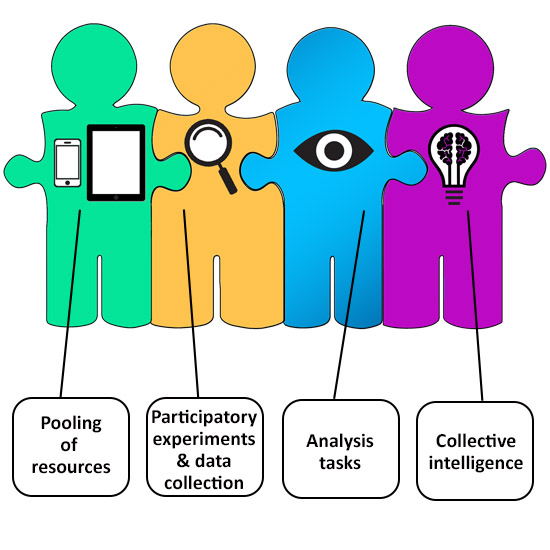I think it’s fair to say that over the last couple of years all of our lives have probably changed to some degree. We’ve certainly become more knowledgeable about topics that were previously irrelevant to us and one of those is citizen science.
What do we mean by the phrase “Citizen Science”?
The Oxford Dictionary describes this as:
The collection and analysis of data relating to the natural world by members of the general public, typically as part of a collaborative project with professional scientist.
I think that it can also be understood as the general public taking more of an interest in science and becoming familiar with certain terminology and keywords that previously didn’t really enter their world. A great example of this can be seen in the tools that the public access to record medical symptoms and test results in the ongoing pandemic. A recent webinar I attended spoke about this, and highlighted words such as “asymptomatic” and questioned if everyone would have been familiar with this three years ago? I’m sure it would have been far less likely than it is now. We’re accustomed to routine medical testing in our own homes, recording details, reporting our symptoms to professionals over telephone or video appointments, understanding reports detailing scientific data in the news, and discussing previously unknown topics and terminology with our friends, family and colleagues quite comfortably now.
Why should we encourage this?
For those working or already studying in scientific fields of expertise, to encourage an increase in citizen science programs and a greater desire for everyone else to understand the world around them means increased accessibility to an abundant data source. The general public are able to gather data and contribute to programs seeking to further knowledge such as evaluations of ongoing changes to flora and fauna local to themselves, search the sky and classify galaxies and much more. One might hope that it would also encourage the next generation of professional scientists.

Projects to get involved in
- National Geographic: a great selection of projects including flora, fauna, astronomy, water quality & more. (Predominantly US based.)
Click here - Natural History Museum: they invite you to actively contribute to the Museum’s science research. By recording observations of wildlife, collecting samples, or transcribing handwritten records, you can unlock the potential of our collections and gather vital data for our scientists, helping them to better understand the natural world. (UK public museum)
Click here
- Zooniverse: The Zooniverse enables everyone to take part in real cutting edge research in many fields across the sciences, humanities, and more. One of Zooniverse’s biggest projects was called Cell Slider, a four year project throughout which volunteers analysed tissue samples that had been kindly donated to future research by cancer patients who had been treated on clinical trials.
Click here - Wikipedia: there is a massive amount of information available here, with a long list of citizen science projects with details regarding the field of investigation and links to active and ongoing data gathering. A quick search will give you loads to review!
Click here
We hope that this has inspired you to get involved in some further projects outside of your lab, and perhaps given you some ideas for some citizen science adventures for any budding scientists you know.







